
Nurturing Schools: Nurturing Skills for Learning, Skills for Life
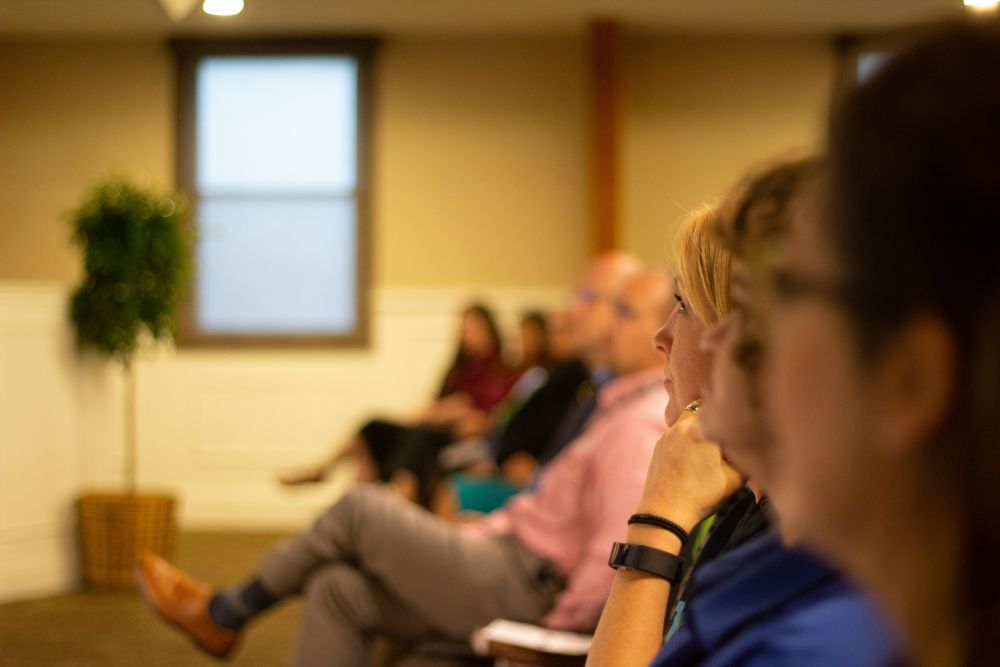
See our News page for Conference Information

Supporting Schools to help every child and young person succeed
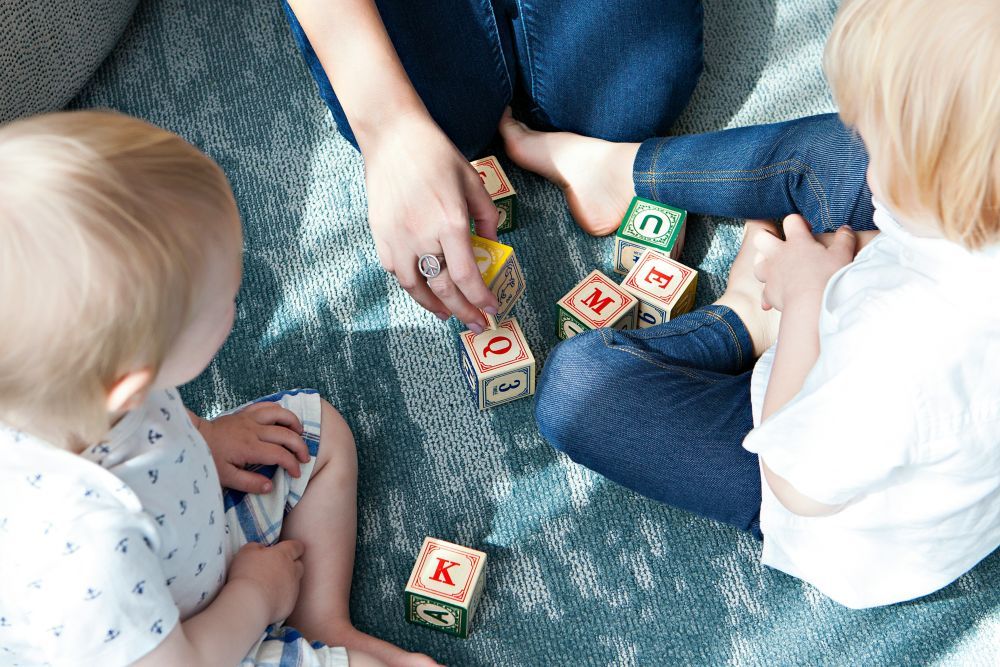
Nurturing Schools: Connection, Engagement, Inclusion & Wellbeing
WELCOME TO NURTURING SCHOOLS IRELAND
Established in 2021, Nurturing Schools Ireland's mission is to support schools throughout Ireland to help every child and young person succeed. We aim to do this by supporting schools to engage in nurture practice and implement holistic nurturing approaches. This involves educating school staff about the Six Principles of Nurture and their practical application, ensuring that all students are equipped with the social and emotional skills vital for success in both their academic and personal lives.
With the increasing challenges in social, emotional, mental health and wellbeing among children and young people, often resulting in behavioural issues and reduced school attendance, Nurturing Schools Ireland is committed to breaking down barriers and challenges to wellbeing and learning. The goal is to enhance the prospects of every child and young person in Ireland by advocating for nurturing practices throughout the entire education system and beyond.
To date, hundreds of schools and thousands of primary, post-primary, and special school staff across Ireland have trained in nurture practice. Following their training they have established Nurture Rooms and/or Nurture Spaces, and have established Nurture Groups. Many are also engaging in nurture practices across the whole school, integrating nurturing principles on a whole-class and whole-school basis. Educators and support staff who undergo training to prioritise the social, emotional, and academic development of pupils, learn how to assess for nurture needs, how to plan for addressing identified needs and how to create the best possible environment in which all children can get the maximum benefit from their school lives, and succeed, not only in learning, but in life.
Upcoming CPD

MESSAGE FROM OUR DIRECTOR
DR SUSAN GIBNEY
-
It gives me great pleasure to welcome you to our website!
As Director of Nurturing Schools Ireland, I oversee the development, coordination and facilitation of CPD in nurture practice and nurture and wellbeing programmes in Ireland.
My interest in, and passion for, nurture and nurturing interventions, began in my role as Principal Teacher of a DEIS Band 2 primary school in Dublin. In seeking to find an intervention that would make a difference and help all children to gain the maximum benefit from their school lives, I researched nurture practice, sourced training in UK, and, with my colleagues in my school, opened one of the first nurture rooms in Ireland. Thus, nurture practice was introduced to our school and the positive outcomes were immediate, and experienced by, not only our children, but all in our school community. The ongoing exemplary practice in this nurture room, and in this very nurturing school, has made a huge difference to so many children ever since.
The desire to spread the word about how transformational nurture practice can be, then led me to a new role as Director of Blackrock Education Centre, where, in 2018, I introduced nurture training courses and nurture practice, to schools in Ireland. Interest quickly grew and soon we were creating opportunities for schools nationwide to access training and support, and facilitating training for primary and post-primary teachers, SNAs/ANAs, school leaders and other educators. Thus, Irish schools and educators have accessed nurture courses and CPD, in their schools, in schools clusters, at our annual nurture conference and online. This huge growth in nurture practice in Ireland led to the establishment of Nurturing Schools Ireland in 2021, where we now have responsibility for all nurture training for schools and educators in Ireland.
In all of my current work with schools and school personnel, I draw on my extensive experience during my career as a primary school teacher, in a variety of schools in Dublin, London and the Middle East. I also draw on experience in working in school leadership for many years, providing CPD for principals, deputy principals, experienced school leaders and aspiring school leaders.In working with educators at all stages of their careers, in all areas of these professional development opportunities, and in my own professional development and research, I have gained insights into practices and schools that now enrich the help, support and guidance that we provide, in the development of our nurture and wellbeing courses and CPD.
I am delighted to have had the opportunity to work with so many wonderful educators during the course of my career thus far, and enjoy our ongoing collaboration with amazing professionals in schools and in all areas of education. I look forward to working with you too!
Please get in touch to let us know how we can help or support you in any way.
OUR NURTURE TEAM
Our Nurture Team, lead by our Director, Dr Susan Gibney, consists of committed, enthusiastic and motivated educators with vast experience in primary and post primary schools, both at home and abroad.
Our collective experience as principals, SENCos, schools leaders, nurture teachers, mainstream class teachers and SEN teachers, feeds into our provision of CPD to guide you, our colleagues, in your nurture practice.
We provide both initial training and ongoing support and guidance, to help you develop nurturing schools where every child and young person can access learning, participate fully in their school lives, and succeed.
Our ongoing collaboration with specialists in the fields of Special & Additional Educational Needs, Trauma-Informed-Practice, Restorative Practice, Wellbeing and Leadership, helps us provide a broad spectrum of continuous professional development that is current and relevant and will enrich your nurture practice.
We look forward to working with you!
Nurture Practice and Nurture Groups
Nurture Practice
Nurture Groups involve taking a small group of children/young people out of regular classes for a defined period each day, focusing on fostering positive attachment, social learning, and emotional development in a safe, nurturing environment. A Nurture Room is designed to simulate a comforting home environment, offering activities aimed at building trust, positive relationships, communication skills, and thus enabling connection, engagement, full inclusion and enhanced wellbeing and self-esteem. Research in hundreds of research reports indicates that Nurture Groups effectively improve outcomes for children/young people facing social, emotional, and behavioural challenges (Hughes & Schlosser, 2014; Sloan et al., 2020). The fundamental theory behind Nurture Groups is that by enhancing children's attachment relationships, their emotional and social wellbeing will improve, leading to better behaviour, engagement, participation and academic progress.

Our Vision
Nurturing Schools Ireland aims to support all schools in helping every child and young person succeed. Our training and programmes help school staff to provide targeted supports to students who are at risk of educational disadvantage, aimed at enhancing social, emotional and behavioural skills, attendance, engagement, resilience and self-belief.

The Six Principles of Nurture
Comprehensive knowledge of the Six Principles of Nurture is fundamental for educators aiming to incorporate nurturing practices in their school environments. The foundation of all activities within nurture groups and nurturing schools rests upon these Six Principles of Nurture, which were developed in the UK more than 50 years ago. Nurture practice, based on these principles, has been tried and tested over these years and is evidence-based and research-proven.
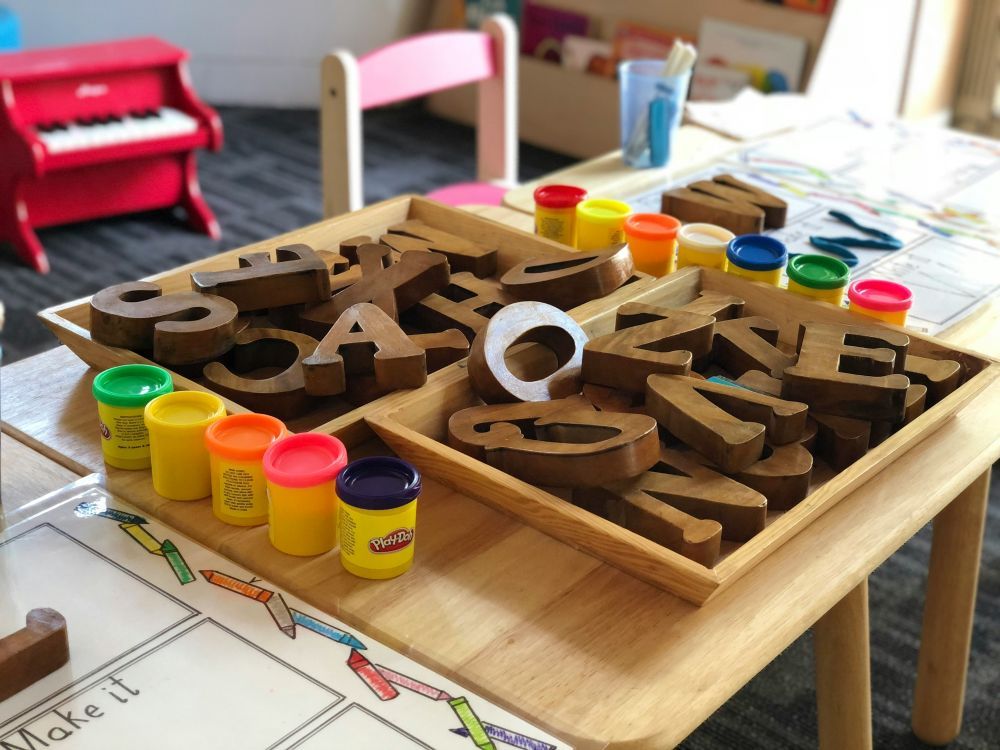
Children’s learning is understood developmentally
Children's learning aligns with their developmental stage across social, emotional, physical, and cognitive domains. This requires non-judgemental responses tailored to their developmental stage in order to create a safe and secure learning environment.
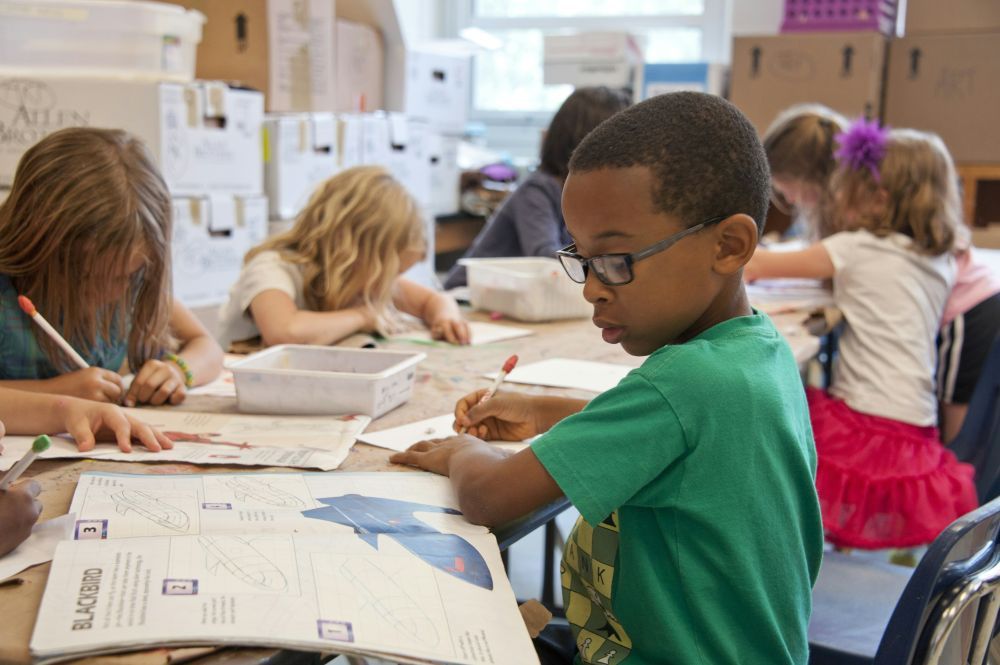
The classroom offers a safe base
The classroom functions as a secure base nurturing pupils’ educational, social, emotional and mental health needs. It focuses on fostering relationships among pupils and staff. Predictable routines, clear expectations, and supportive models of adult-child interaction create a safe, structured environment. Quiet zones and familiar home-like elements are incorporated to promote emotional safety.

The importance of nurture for the development of wellbeing
Nurturing involves active listening and response, valuing children as individuals, and recognising and celebrating their small achievements. Strategies are in place to ensure the wellbeing of children, young people, and staff. Opportunities for pupil voice and achievements are celebrated and encouraged.
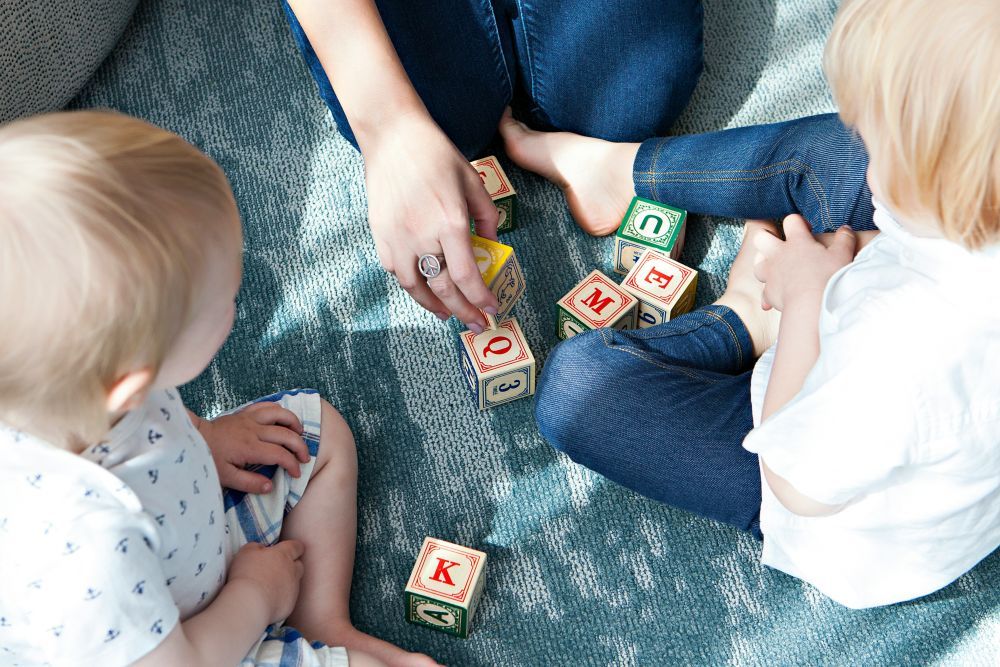
Language is a vital means of communication
Language is a vital tool for communication, both for understanding and expressing thoughts and feelings. Encouraging informal discussions alongside formal language lessons supports emotional expression. Teaching children to identify emotions, use language to express feelings, and understand others' emotions supports self-regulation. Creating a space for open dialogue among pupils, parents, and staff is essential.

All behaviour is communication
All behaviour communicates something, be it an emotional or physical need. Understanding the underlying messages behind a child's behaviour is crucial. Adults should create a safe space for children to express their needs appropriately. Examining the context surrounding challenging behaviour helps to understand and address it effectively. Reflection, discussion, and recognition of triggers or anxieties are essential for responding in a trauma-informed manner.
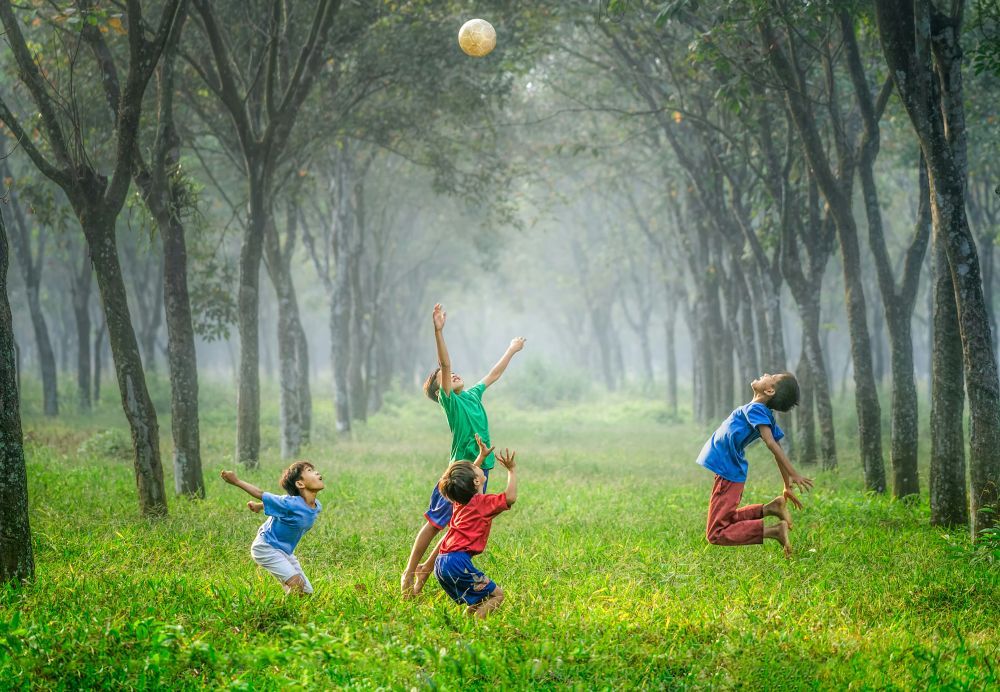
The importance of transitions in children’s lives
Transitions are significant in children's lives and can be challenging. Preparation and support are crucial in managing these changes, involving children, parents, and carers where possible. Awareness of potential emotional triggers during transitions, sharing information at key points, and employing visual aids for routine changes can assist children in adapting.